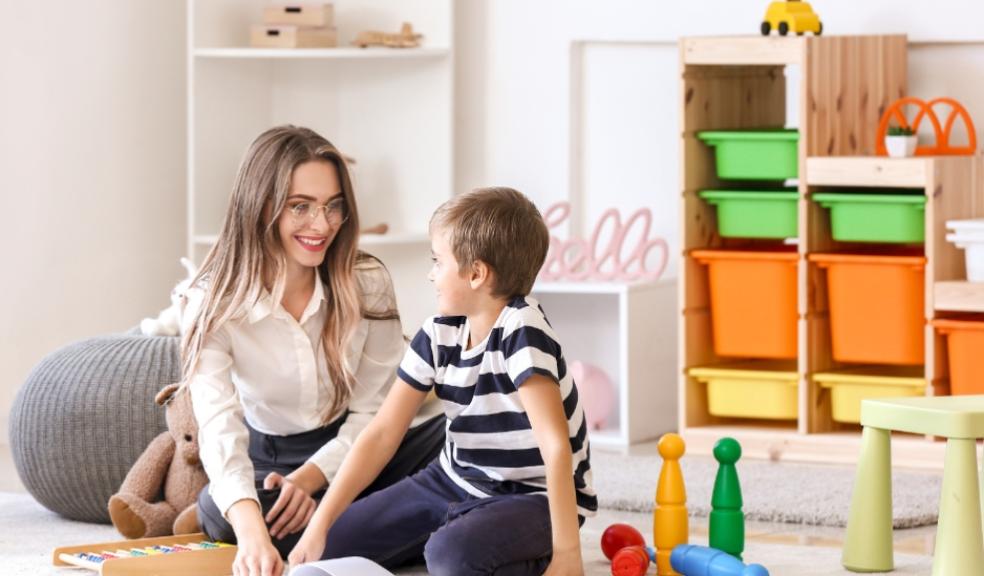
Choosing a therapist for a child with ADHD
One in twenty children in the UK have ADHD. Being diagnosed can bring a mixture of emotions. Your child may feel confused and sad as they battle to understand what the diagnosis means for them. They may feel a sense of relief as they now have answers to why they have been feeling a certain way.
Every parent just wants the best for their child so they grow into happy, confident, and kind individuals who feel supported, loved, and prepared to take on the world. When your child is diagnosed with a neurodiverse condition such as ADHD or autism, it can be unsettling for both of you. You wonder what life will be like for them. Will they be treated differently to their classmates? Will it impact their education and future goals? How will it affect their friendships and other relationships?
Children with ADHD can benefit from seeing a therapist to help them develop coping strategies and enable them to find ways to focus and organise tasks in a way that works for them. Therapy can help them improve their social skills and find ways to manage certain emotions. It's also useful to have someone independent to talk to about how they are feeling and someone they can share concerns with.
Choosing a therapist that will be right for your child is an important decision. As a parent, and clinical psychologist, here are my five top tips for the factors I recommend considering:
- Look for specialisation and experience
We want to find a specialist who understands what our child is going through. As someone with ADHD myself, I know how hard it can be at times. I also know first-hand that there are lots of tools and tactics that can be used to help your child thrive.
Finding a specialist that your child feels comfortable with is key, but it’s also important to find someone that you, as their parent, are also happy with. Getting a diagnosis is something that impacts the individual as well as your family and you need to know that you are supported too.
- Consider their approach
Therapists use different approaches, particularly when working with children, to help them express themselves in a way they feel most comfortable. For example, I often use play therapy or sports therapy when working with younger clients. They don’t want to sit and talk to me face to face, but they can respond well when doing something they enjoy. We take time getting to know one another to build trust and break down any barriers. You know your child best so choose an approach that work best for them.
- Find a good personality fit
The most important factor when choosing a specialist to help support your child is finding a good personality fit. If therapy is going to be effective then it’s important that your child feels comfortable, safe and heard. It needs to be someone they feel relaxed around. If possible, arrange an initial consultation with the therapist to see how they interact with your child. After the session, ask your child how comfortable they felt.
- Check logistics
There is little value in finding a therapist who already has a full diary, or one who lives 100 miles away. Consider whether you want someone who can meet face to face or if online meets are going to be better. Look at your child’s schedule and decide whether a morning, afternoon or evening slot is going to be better. Seeing a therapist is a commitment on both sides so be sure that it will work for you and your child.
- Do your research
When it comes to your child, its important to find the right person. You want to be able to build a relationship with them to get the best results. Seek recommendations from friends and family. You can also contact local support groups who should be able to point you in the right direction. Look at their website and social media pages to get a feel for their experience, their reputation and personality. Each as important as the other. Read reviews and testimonials too.
You may not get this right the first time. If the first therapist you meet doesn’t quite get your child or give the right level of advice, don’t be put off, try another. There are lots of psychologists with different approaches. Ask friends, research online, look at local groups for support and find the one that is right for your child.
The right professional is someone that empathises with your child’s feelings and provides a listening ear while being patient and understanding. The will work together with you to help find ways to navigate the tricky parts of their life, helping to build your childs confidence and celebrates their successes.
Dr Sona Kaur is a lead therapist at the National Hospital of Neurology and Neurosurgery, manages her own private practice, Serenity Psychology and runs a children’s home dedicated to helping young people with complex needs.














